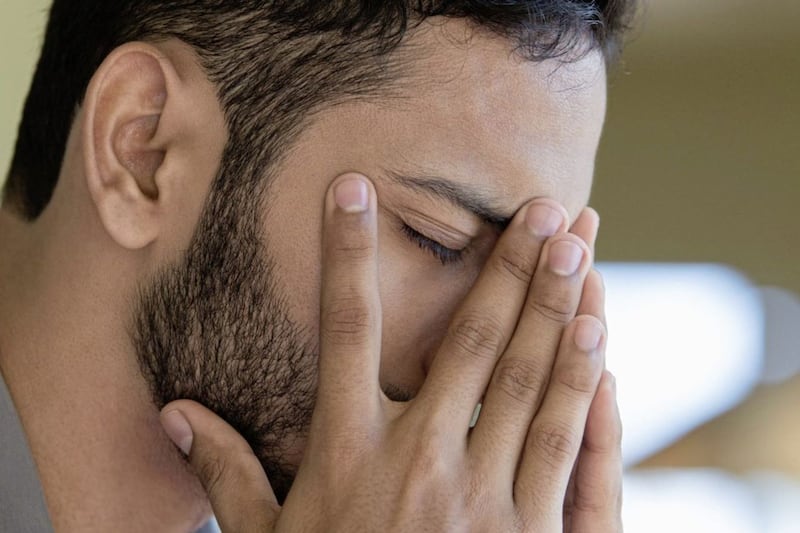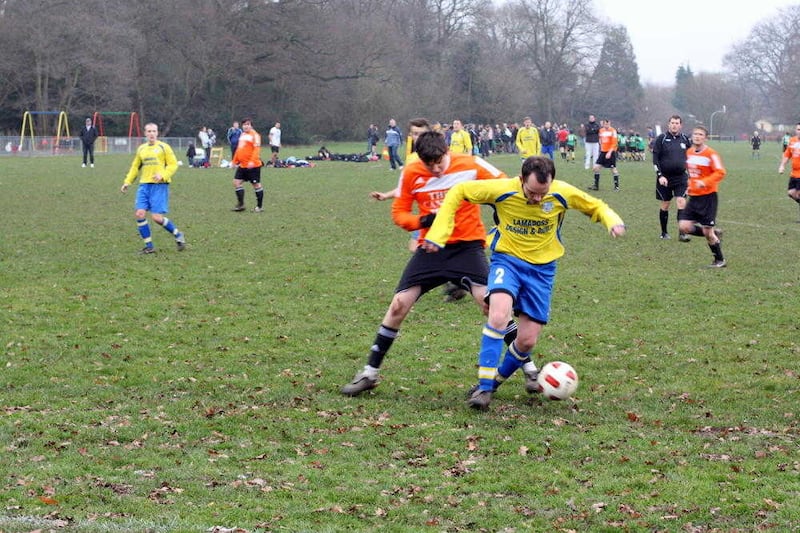TRADITIONALLY November has been a month to especially remember loved ones who have passed through this life. As the weather gets generally colder and the nights longer, it can be a difficult and very lonely time for people who have lost a loved one this year, or indeed any year.
For people bereaved by the suicide of a loved one, this sense of loss can be complicated by the fact that when such deaths occur a coroner has to become involved and a court hearing has to return a verdict on the cause of death.
Families bereaved by suicide regularly report an acute sense of being judged by other people in the aftermath of the death and are often left with the excruciating questions of Why? What? and If?
While everyone will try to come to terms with the suicide of a relative, friend or colleague in their own individual ways, the traumatic and sudden nature of suicide can be very difficult to come to terms with, and being bereaved by suicide is actually considered a risk factor for suicide.
I was recently asked by SOSAD, a charity providing support for people through suicide prevention services and counselling, including help for the bereaved, to give some talks on suicide bereavement. After the talks, a few people from the audience came up to ask about getting further help or to ask about the implications the impact of the death on children in the family.
What was clear from meeting these people was that they, in their own ways, were trying to get on with their lives and, despite the burden of grief they were carrying, they were all concerned for their own wellbeing and that of their loved ones.
The double whammy of any bereavement is the experience of loss and yearning for the person alongside fears for the future and worry that something else could go wrong following the death. Perhaps it is not surprising that anxiety is one of the most common difficulties a bereaved person will experience.
In terms of helping yourself, if you have been bereaved by suicide, the first and most important point is to realise that you are not alone and unfortunately many families have been touched in this way.
While no two stories are the same, there are many common themes. People have told me that being able to spend time with people bereaved in a similar way to themselves is perhaps the most helpful thing to do in the aftermath of the loss.
Secondly, the routine and structure of everyday life become more important, as in the face of change and upheaval it is important to be able to rely on your own timetable which can keep you on track to do the things you need to do, when perhaps you don’t feel like doing anything.
Thirdly, psychologists often counsel people not to make any major life changes in the months and first year or two following the loss, as the temptation can be to deal with difficult emotions by making changes which in the longer term, may not be helpful.
You may well experience 'good' and 'bad' days and your mood might be variable, and this is quite common. However, if you feel you are struggling, make contact with your doctor or a health professional as soon as you can.
If you know someone bereaved recently, they may well appreciate a call or a chat at this time of year. For more details on services for people bereaved by suicide see cruse.org.uk, lighthouseireland.org or sosadireland.ie.
Dr Paul Gaffney is a senior clinical psychologist and author of the book On The Ball? How Football Can Help Your Mental Health, which is available in bookshops and to purchase online.







